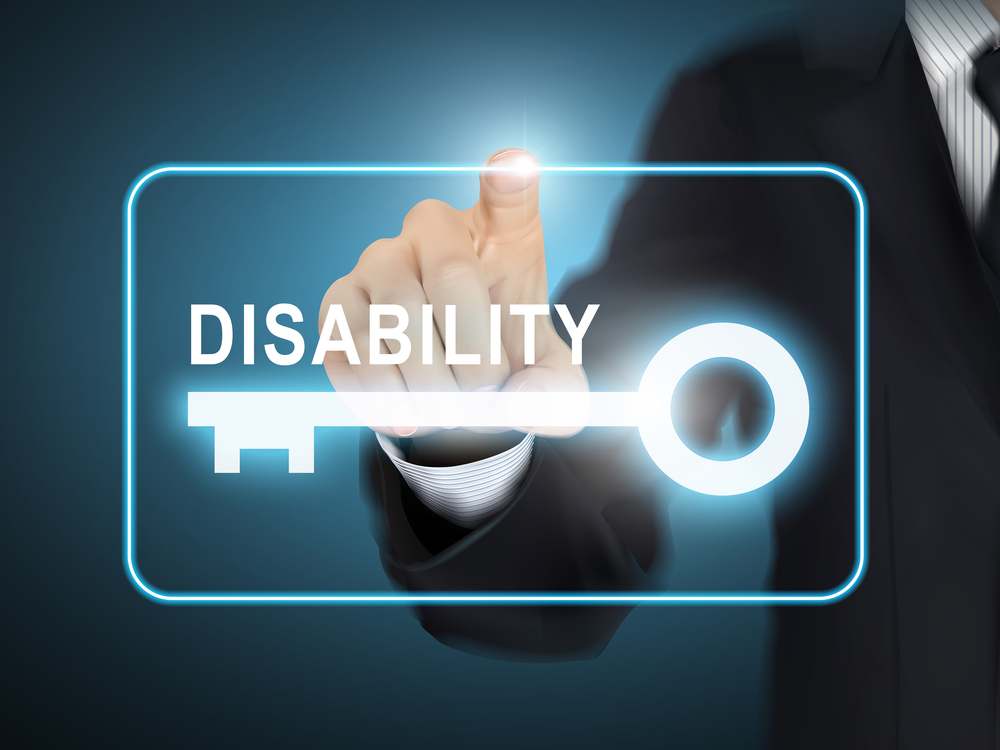
Preparing for a Social Security Disability Hearing
For many people, getting denied for Social Security Disability (SSDI) is only the beginning. Because a majority of applicants (over 60%) are turned down for benefits the first time, there are a lot of people going through the appeals process. For many, this process ends with a disability hearing before a judge. This can be difficult and stressful if you don’t know what to expect and how to prepare. To get ready for this important event, there are a couple of things you need to do.
1) Review Your Medical Records
If you were denied SSDI before, it’s pretty much a given that there was a problem with your medical documentation. Since disability is pretty much determined solely by your medical condition, being denied disability means that your medical records didn’t prove your case. If you still feel, however, that you are deserving of disability benefits, then the first step is to review all of the records that you submitted to see if there might be any gaps. It’s possible that an important piece of your medical puzzle was overlooked, and finding and fixing that could help to make your case.
2) Update Those Records
Since the appeals process can take a long while — in some cases, over a year — there’s every chance that your records are a little out of date. If you’ve gone to the doctor, taken medications, had procedures or labs done or tried any treatments, then it’s important to include that information in your updated medical records. Again, those records are the most important part of your SSDI case, so if they aren’t completely accurate and thorough, you’re wasting your chance to make your case and get approved for SSDI benefits.
3) Get a New Statement From Your Doctor
Most likely you already have a statement from a healthcare professional included in your original information. That statement should be a written prognosis from a doctor, stating that you are indeed disabled, and that this condition is expected to last for at least a year. Of course, if that original statement is still in your records, it’s now hopelessly out of date. Make sure, as you are updating your records, that you take the time to get another written statement from a medical professional. Again, it needs to state that your condition will last for at least a year.
4) Hire an Attorney
If you have not done so yet, now is the perfect time to hire a disability attorney. As you prepare for your disability hearing, compiling your medical history is important because it contains your complete medical story. However, you also need to take the time to plan out how that story is going to be told to the judge. Disability attorneys are practiced, experienced professionals who know how to make the strongest case possible when it really counts. Having the medical records doesn’t do you a lot of good if you’re not able to sufficiently communicate that message to the judge on hand. Disability attorneys make a living doing exactly that. And what’s more, they only get paid if you win, and even then the money comes from your payments, and not from your pocket. There really is no reason not to hire an attorney.
If you’re going through this process and are looking for how to build a strong disability case, make sure your checking and updating your medical records. If you would like to talk to someone about preparing for your hearing, or if you would like to consider hiring a disability attorney, please don’t hesitate to contact us today.

